Region secures UK Space Agency funding to address space sector skills gap
A Space South Central university consortium has won £350,000 funding from the UK Space Agency to launch a CPD course that will help companies overcome the skills gap in software, data and artificial intelligence (AI) in the space sector.
Combined, the regional universities have significant expertise delivering short courses, CPD and bespoke training. The University of Portsmouth, hosts the Centre for Continuing Professional Development (CCPD) and operates ASTA Technology UK Ltd, a wholly-owned subsidiary and the sole provider of accredited European Space Agency (ESA) electronic assembly and inspection certification in the UK. The University of Southampton has delivered CPD courses in Spacecraft Systems Engineering since 1974. The flagship course attracts sector professionals worldwide and is regularly oversubscribed. Additionally, the university provides courses for ESA Training Departments at ESTEC (Netherlands), ESA Headquarters (France), ESOC (Germany), ESRIN (Italy), ESAC (Spain), and Airbus and STFC RAL Space. The delivery of these courses is supported by the Surrey Space Centre (University of Surrey), which also hosts a popular intensive short course in Space Systems Design (formally Spacecraft Systems Design) running for over two decades. More recently, Surrey Space Centre has been developing new, hands-on training courses in practical space engineering skills, techniques and processes as part of their 'SpaceCraft' initiative.
The new course, delivered by experts from the universities of Portsmouth, Southampton and Surrey, will equip mid-career professionals with the expertise needed to strategically navigate the rapidly changing fields of AI and data-science.
Academic lead, Dr Becky Canning, Deputy Director (Space) at the University of Portsmouth’s Institute of Cosmology and Gravitation, said "Software, data, and AI development proceeds at such a rate that remaining at the forefront of the sector is challenging, yet these digital skills are critical to drive innovation and meet the objectives of the National Space Strategy.
“We recognise the importance of working closely with the sector to design bespoke, broad, and corporate strategy concepts to include in the course, ensuring that participants not only acquire technical proficiency, but also develop a deep understanding of the strategic implications of these technologies for their organisations.”
The 2023 Space Sector Skills Survey noted that the number one skills gap in the space sector is ‘Software and Data’, with a 72% gap. Employers predict that the future will bring even greater challenges. ‘Artificial intelligence and machine learning’ and ‘data analysis and modelling’ are the only technical skills of the top 15 skills gaps in the current workforce which have worsened, alongside ‘strategy and leadership’.
Dr Canning said:
This isn’t just a gap that employers are struggling with - it’s a chasm. There are critical recruitment and retention bottlenecks at mid-career level, which need to be addressed. And as we navigate towards the future, the widening of this gap shows that there is a pressing need for adeptness in these areas.
“This course will meet the ambitions of the National Space Strategy, address these key skills gaps and therefore remove barriers to the space sector’s growth.”
Dr Louise Butt, Director of the Space South Central Enterprise Network, said:
“Hampshire, Surrey and the Isle of Wight have a stellar 50-year heritage of space innovation and expertise, and the range of specialisms here is unrivalled anywhere in the UK. Yet, skills gaps, shortages and recruitment challenges are the biggest threats to South Central England’s £3 billion space sector.
“Our mission at Space South Central is to ensure that our region stays at the forefront of the UK space industry, and a significant part of that is supporting the development of training opportunities and helping employers of all sizes attract and retain the staff they need. By fostering collaboration between education providers and industry, we are making it easier for appropriate training to be developed that responds directly to business needs and enables talent to thrive.”
Designed in collaboration with industry experts, the course will provide participants with comprehensive training in digital space and AI technologies. Through a combination of lectures, practical exercises, and mentoring opportunities, attendees will gain the skills necessary to progress in this ever-evolving digital field.
The course is aimed at employees already in the space sector who are looking for promotion and to fulfil critical employer gaps, as well as professionals outside the sector who want to direct their talent towards the fast growing space industry.
Hugh Lewis, Professor of Astronautics at the University of Southampton, said: “It’s a real privilege to be able to work with our colleagues in the South Central region to support the career development of professionals in the space sector and to guide them through a complex and ever-evolving landscape of data from space and about space.
“These data are vital for understanding our planet and the health of the satellites that deliver essential functions for our communities. We’re able to build on more than 60 years of education and training delivered through the space-related programmes and short courses offered by the University of Southampton to ensure this new training programme delivers the skills needed in an effective and enjoyable way.”
Keith Ryden, Professor of Space Engineering (Space Environment and Protection), said: “The Surrey Space Centre, based at the University of Surrey in Guildford, is delighted to be joining this new UKSA-funded initiative to address the growing industry requirement for more skilled people to work on data and software for space applications. We look forward to contributing through our strengths in remote sensing data analysis, on-board data processing and space data security and working closely with colleagues at the universities of Portsmouth and Southampton in this exciting initiative.”
The course is being funded by the UK Space Agency’s Training Programmes Fund.
Professor Anu Ojha OBE, Director - International, ESA, Education, Communications and Parliamentary Engagement, UK Space Agency, said: “We are delighted to be funding the University of Portsmouth’s ‘Securing the future of space: Space software and Data/AI’ Programme through the Training Programmes Fund.
Professor Ojha added:
“We’ve made more than £2.1m available through this fund to catalyse new and innovative training programmes to address key skills gaps faced by the UK space sector. The UK Space Agency plays a vital role in providing a skilled, diverse, and sustainable workforce for the UK space sector now and in the future. This new training programme is central to us achieving our aim and will directly address short to medium term skills needs in the space sector that are not currently being met.”
If you’re interested in finding out more and participating in the UKSA-funded cohort, please contact becky.canning@port.ac.uk

